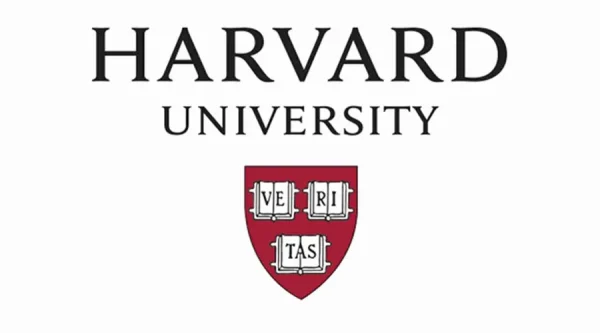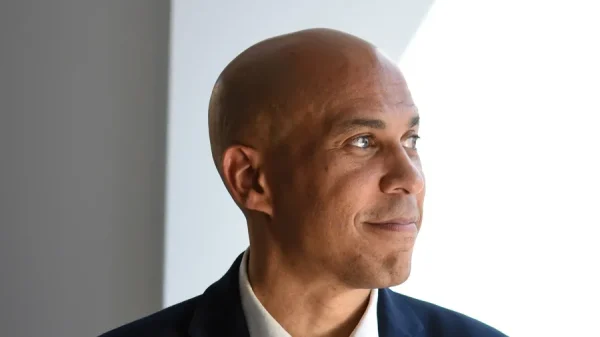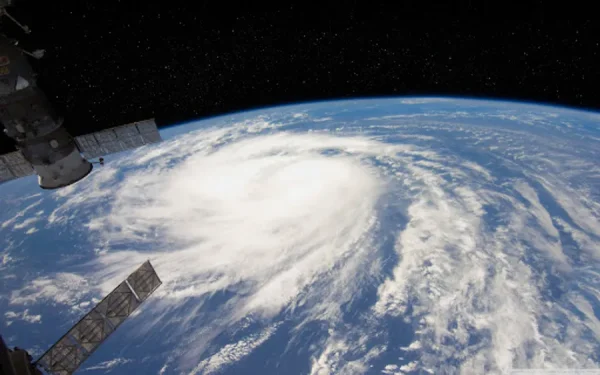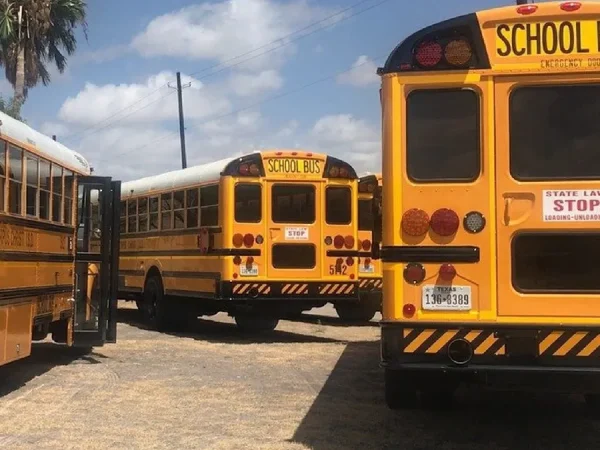Religion in the time of COVID-19
Since Governor Larry Hogan enacted the stay-at-home order, most Maryland residents have been asked to remain under self-imposed quarantine, save for the essential employees and cases of emergencies. This order also includes religious gatherings, of which no more than 10 people are allowed in a “religious facility” at one time, including clergy, staff, and participants. Unfortunately, this also happens to be a period of time that many religious events are occuring, which would usually be celebrated together by many members of the community. In trying to comply with these current social distancing measures and still continue as normally as possible, many religious groups have turned to the internet.
For Global senior, Abigail Gordon, that means church services, Easter, and youth group meetings held at home and through video conferencing platforms. “For Palm Sunday, my dad led a zoom church service and encouraged people to wave palm branches or things similar in their own homes,” Gordon says.
Communion is held in each family’s respective homes, and Gordon’s family finds ways to serve the community by organizing food donations and glove and mask deliveries. Still, as a general safety precaution, her family no longer holds hands during daily prayers at meals.
Global junior, Lauren Perl, usually celebrates Passover with a large dinner with family and friends, as well as services at the local synagogue. However, this year they were unable to do so.
Instead, Perl says, “we had a virtual Seder with our family and friends across the country.”
For Global sophomore, Ziyan Ahmed, Ramadan, the Muslim month of fasting, happens to coincide with the quarantine period. While the practice of fasting and daily prayers still occurs as usual, they will be unable to celebrate Eid at the end of this month with other family and friends. Additionally, though they typically go to the mosque every Friday, Ahmed and his family can no longer go, but are still able to perform the prayers at home. Despite these obstacles, the feeling of community remains strong.
“The sense of family and unity were still kept intact during the month when we were fasting, including the communications with all our family using video chats,” Ahmed said.
While this may be a difficult period of time, just because a person can’t physically be with friends and family, there are still ways to stay in touch.
Similarly, others, such as Gordon, believe, “if we don’t talk to God one on one now with all this free time, will we ever?”

Mandy Hsu is a Senior in the Humanities house. This is her first year writing for the Poolesville Pulse. In her free time, she likes creative writing,...








